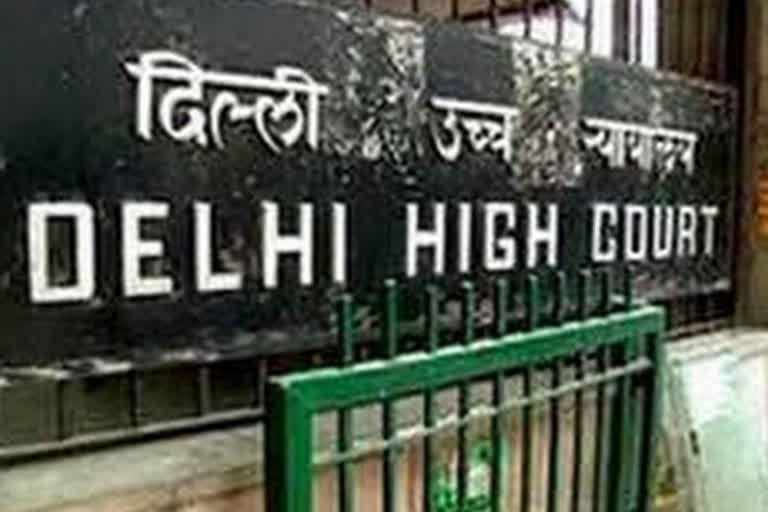New Delhi: The Delhi High Court on Thursday observed that the AAP government was not using testing facilities of private labs to their optimum capacity.
A bench of Justices Hima Kohli and Subramonium Prasad arrived at the conclusion after comparing testing data on Delhi government''s website and the figures given in its affidavit placed before the court.
In the affidavit, the Delhi government has said that with inclusion of one more public lab and two more private labs the testing capacity has increased to 10,700 per day.
However, the website data said that not more than 7,000 tests are carried out per day.
"The conclusion is that the testing facilities of the private labs are not being used to their optimum capacity, though they have not expressed any hesitation in ramping up the number of testing," the high court said.
With regard to the several suggestions given by the private labs and the difficulties being faced by them, the high court asked an expert committee, set up by the Lieutenant Governor to advise Delhi Disaster Management Authority, to examine the issues raised and resolve them.
"In view of the urgency in the matter and being mindful of the fact that the number of COVID-19 cases in Delhi have shot up to 47,102, as of yesterday (June 17), it is imperative that the committee takes an emergent decision and communicates the same to the court, through the Delhi government well before the next date," the bench said and listed the matter for hearing on June 22.
Of the several difficulties highlighted by the labs, one was that the process of uploading patient registration data was cumbersome and time and manpower consuming as it has to be uploaded on the RT-PCR app, the COVID app, ICMR portal and the integrated disease surveillance portal linked to the office of the chief minister.
The labs said that all this required engaging several data entry operators so that information can be provided to multiple government agencies on a daily basis, thereby wasting valuable time and diverting their energies from the testing process.
They suggested that the process be simplified and a single point agency be designated for all private labs to furnish the requisite information to be shared with all the other government agencies.
The other difficulties included, duplication in the process of registration of phlebotomists (who collect samples), NABL's insistence on re-accreditation by accredited labs for testing for COVID, and that some of the symptoms of coronavirus like loss of smell and taste not being mentioned in the advisory for testing or in the forms that are required to be filled up.
The labs have informed the bench about difficulties faced by them in response to the court's query on the last date of hearing as to whether they are facing any bureaucratic red-tapeism and what are the techniques being used by them to test for the coronavirus infection.
The high court's query had come while hearing an application by advocate Sanjeev Sharma who has contended there have been several instances where non-COVID patients needing surgery or emergent procedures are required to undergo testing before that, but hospital concerned is unable to conduct the test as they are not permitted to do so by Delhi government.
The application was filed in the main petition of advocate Rakesh Malhotra who had sought swift testing of COVID-19 cases and declaration of results within 48 hours.
The high court had on May 4 disposed of the petition with a direction to the Delhi government to publish on their websites correct data of tests conducted, number of positive results and pending outcomes.
The application has alleged that the high court's May 4 direction was not being complied with properly by the Delhi government. PTI
Also read: Major General-level talks end in Galwan, military negotiations may be over for now



